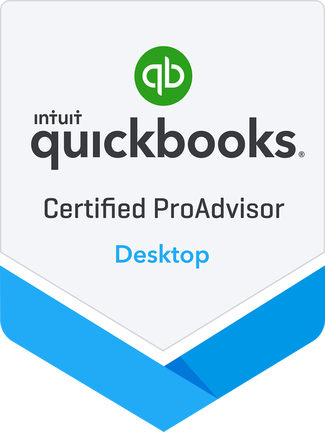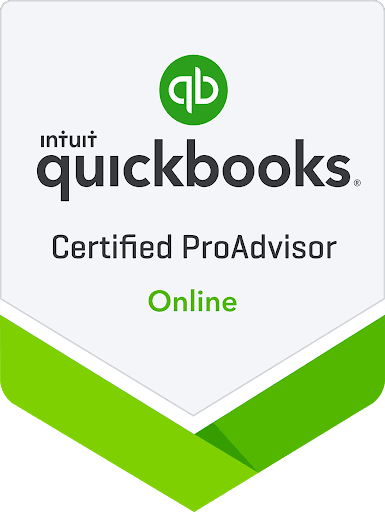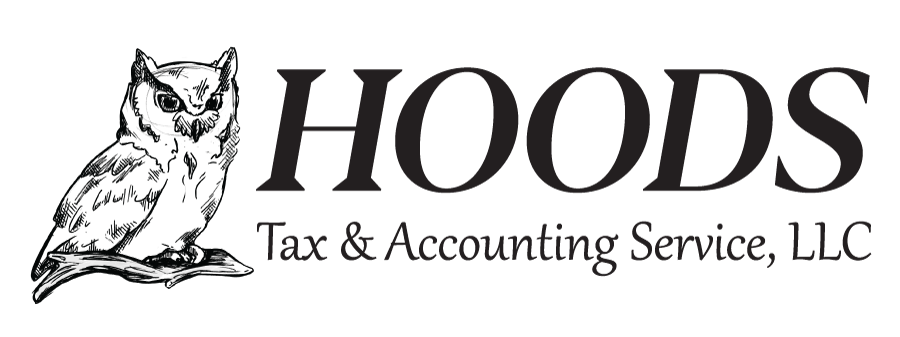Hoods Tax &
Accounting Blog
THE INFORMATION IN THIS BLOG IS INTENDED TO PROVIDE GENERALIZED INFORMATION DESIGNED FOR A BROAD SEGMENT OF THE PUBLIC; IT IS NOT PERSONALIZED TAX, INVESTMENT, LEGAL OR OTHER BUSINESS AND PROFESSIONAL ADVICE. YOU SHOULD ALWAYS SEEK THE ASSISTANCE OF A PROFESSIONAL WHO KNOWS YOUR PARTICULAR SITUATION FOR ADVICE ON YOUR TAXES, YOUR INVESTMENTS, THE LAW OR ANY OTHER BUSINESS AND PROFESSIONAL MATTERS THAT AFFECT YOU AND/OR YOUR BUSINESS.








 RSS Feed
RSS Feed


